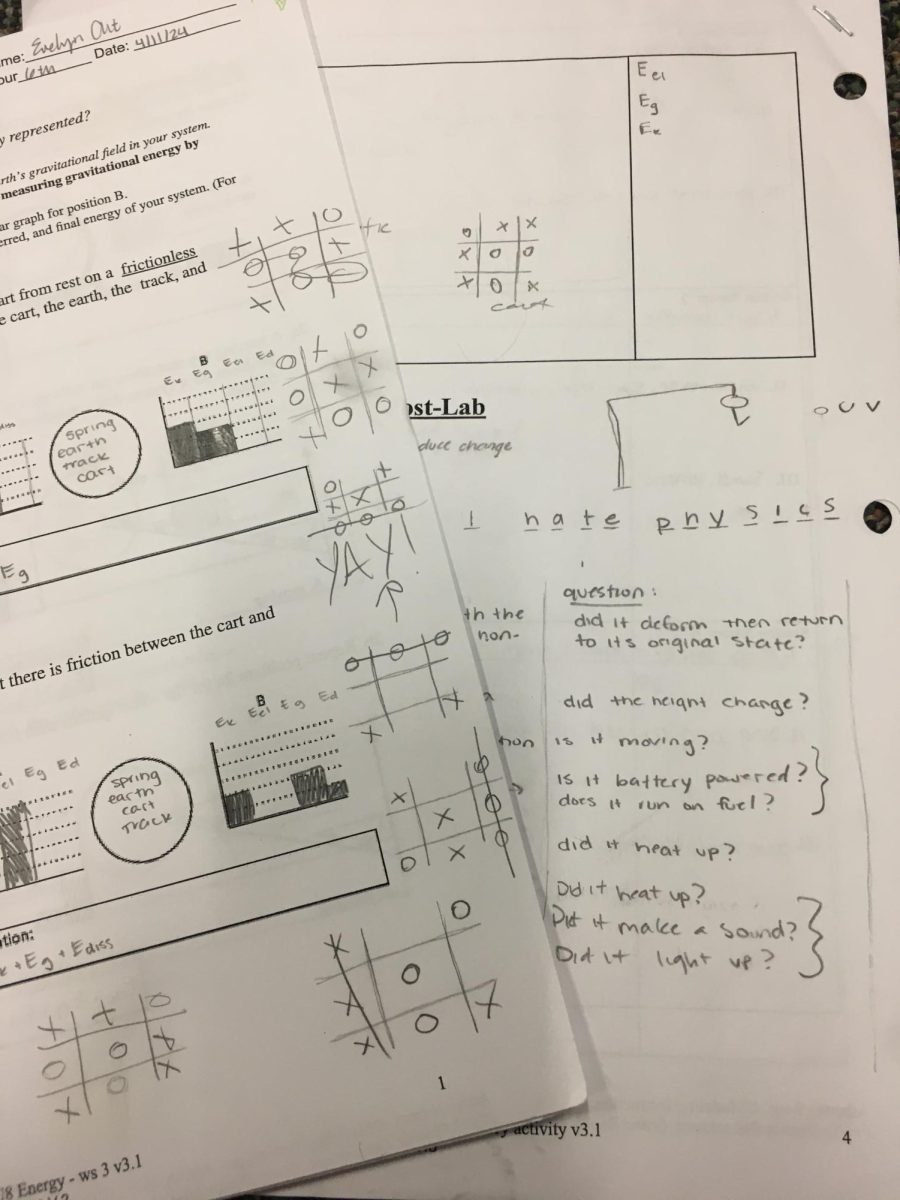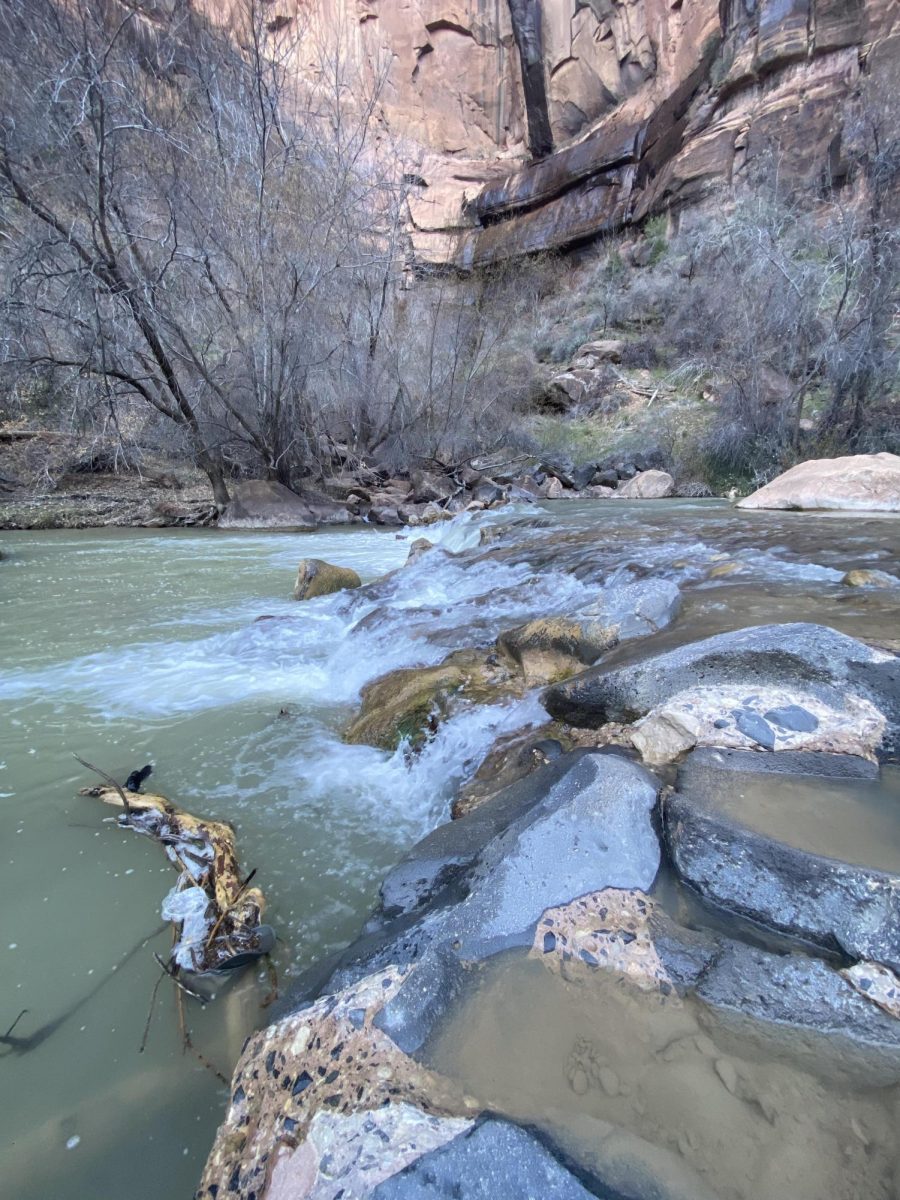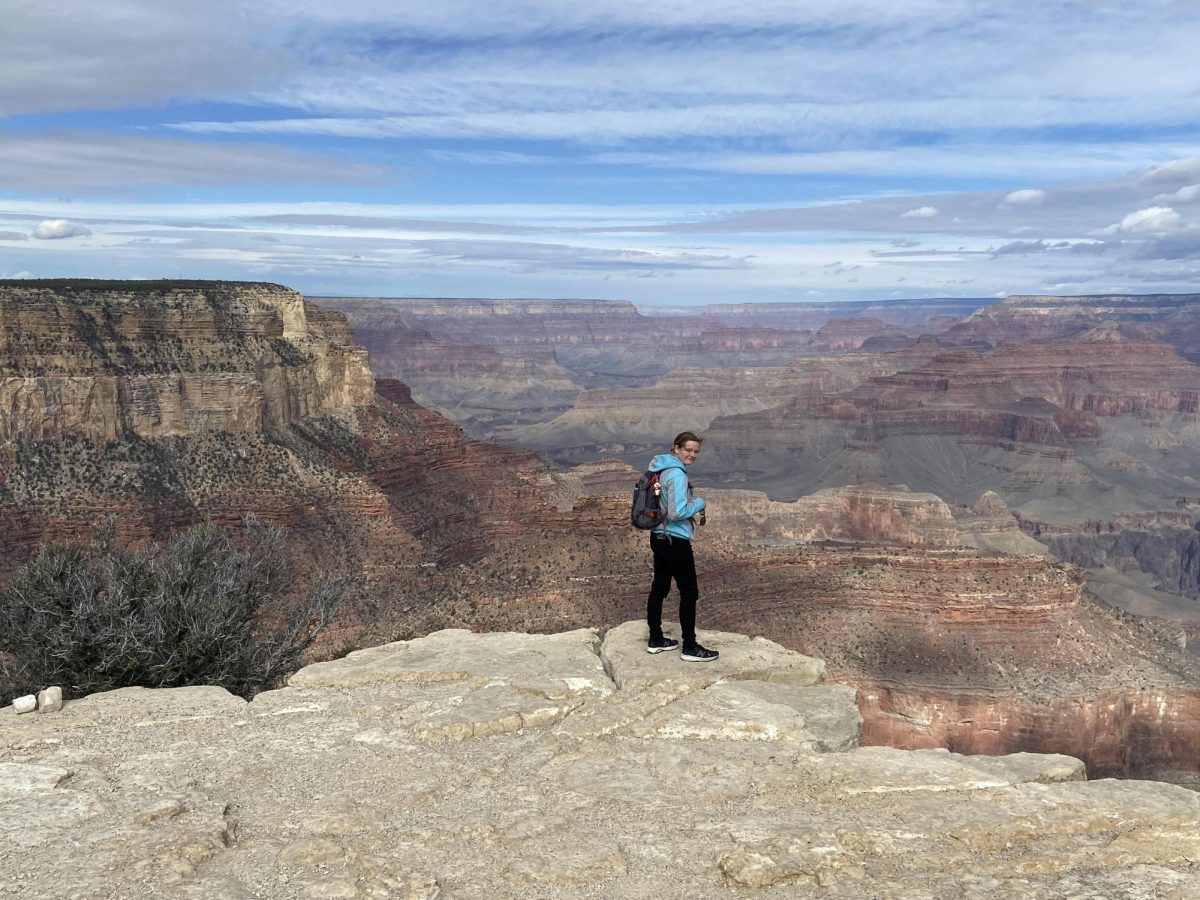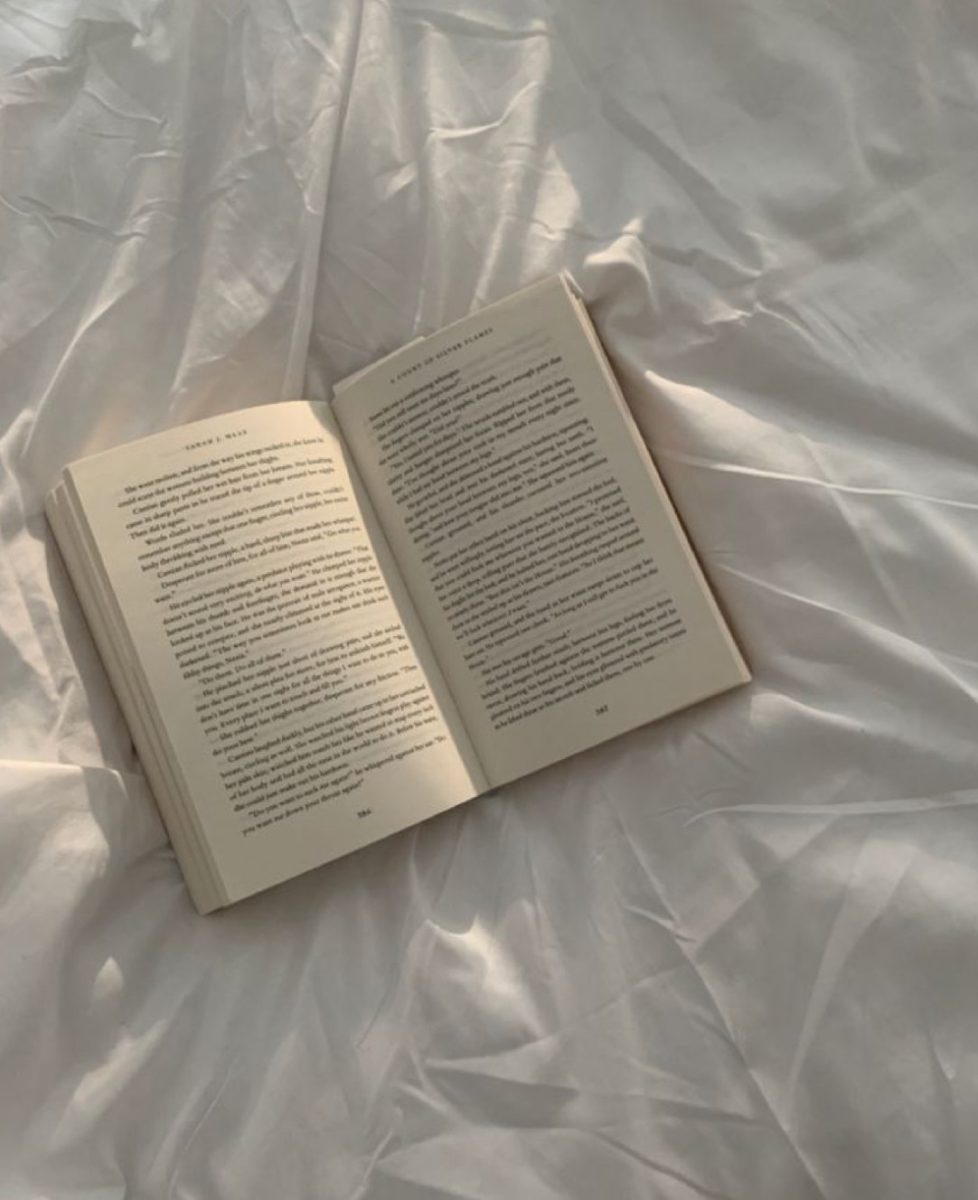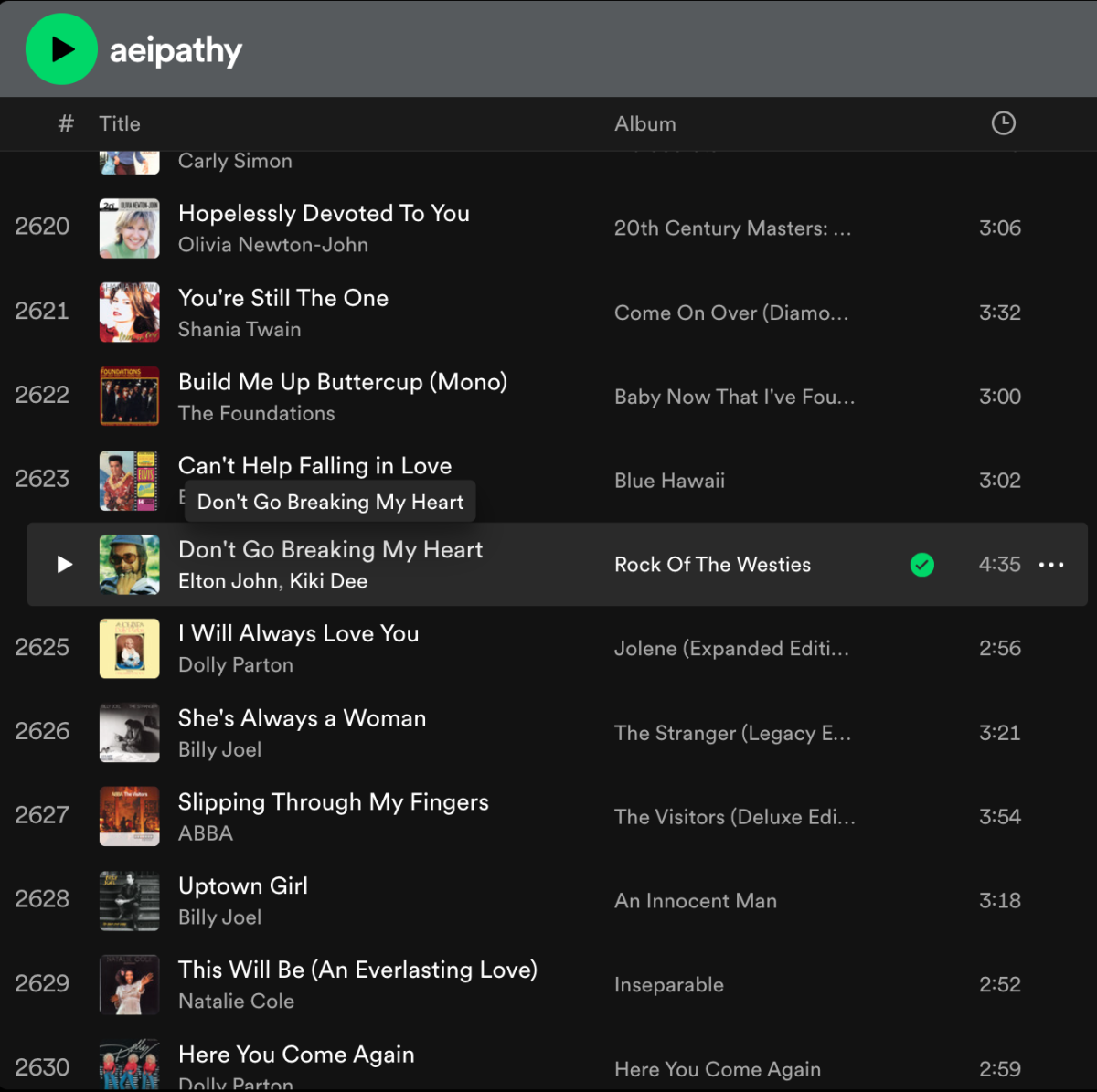Oh, how the weather affects a city
Excited buildings skyrocketed from the cement ground, reaching for the sky. Interrupting the clouds, they peaked in the blue pool above.
The cement they sprouted from sat cracked and gray underneath. Acting as the trampoline—boosting and bouncing the buildings—it upheld its stone-cold facade as the world revolved around it.
This concrete jungle supported growth; dividing up plots of land, anyone was welcome to traverse through the city’s streets.
Wide in expectation of friends and visitors, the streets waited like a patient, trained dog for feet to trod upon them. They waited, and waited, and waited to be used.
Peeking out from the buildings above, the sun saw the anticipation that brought the city to life. Inspecting the pieces below—the ecstatic streets, expectant sidewalks, and aspirational buildings—the sun was filled with beaming joy. Daring enough to have a closer look, the sun spiraled to the peak of the sky, securing a peaceful place above it all.
But as with all good things, the sun could not exert its smile for the rest of the leisurely decades.
Transferring that beaming joy, the sun hugged the city; coruscating jubilation jumped from building to build, coating the city in a beguiling, inviting warmth.
Smiling upon it all, the bursting ball of gracious gold donned the hat of something much more than the sun: it was a makeshift motivator. Exposing every nook, every cranny, the motivator hanging above sent beams of luminous light throughout the city.
People took notice.
Acting as birds in migration, they came out in feeble flocks. Feet pounded against the sidewalks, giving the cement below the feeling of usage that it had craved for so long.
Shoes colored the material jungle. Explosions of pink and yellow sneakers and heels replaced the lack of flowers, prospering under the sun.
Like water, the people filled up the buildings, wading from one level to another, flirting with the thought of overflowing and flooding it all. Stentorian sounds of chatter and laughter somersaulted across the streets. Every inch of the city began to appear more vibrant under the ebullient rays.
But as with all good things, the sun could not exert its smile for the rest of the leisurely decades.
The rays no longer sustained undeniable bliss, dazzling in yellow beams; an overpowering wave of exhaustion bleakly clouded the sun’s view. Forced to retreat, unable to see anything below, the sun retired.
With the absence of the sun’s exhilarated energy, clouds wormed their way into the sky—mimicking a nebulous parasite—to replace the clarity.
Once cerulean skies conjured the negativity of the clouds within. An angry sea of dark, brooding blue broke across the sky, shattering the clarity like a prized vase. Clumped together, the clouds formed a barrier between the city and atmosphere, restricting the dreams of those below like an unbreakable leash.
That leash tethered to the people. Gray skies polluted with gloom instead of glittering hope raised concern in the people’s minds. Vain vivacious vitality scoured out of fear of this unknown weather, ushering the population to run.
And they ran.
The city no longer harbored the happiness they were searching for. It was no longer prosperous. It was no longer an exuberant presence in their lives.
For just a moment, it no longer had the control to provide for the people, so they painfully abandoned it.
Rain began to beat against the windows of the now sorrow-filled buildings that missed the lively bodies once there. Wind weaved through the despondent streets and tearful sidewalks. An unsettling presence of emptiness washed over the mourning metropolis; could it even be called a city anymore?
With no people, no sun, no comforting crowds, the city was left empty, drowning in the weather that ironically reflected its current crestfallen mood.
Hopes high and ego hurt, the city just hoped that when the sun comes back—when all the joy and energy it could provide comes back—that the people would come back as well.

Lynlee is a senior and is starting her final year in the midst of all this COVID-19 chaos, which is fitting for her strange luck. Room 139—home to The...













